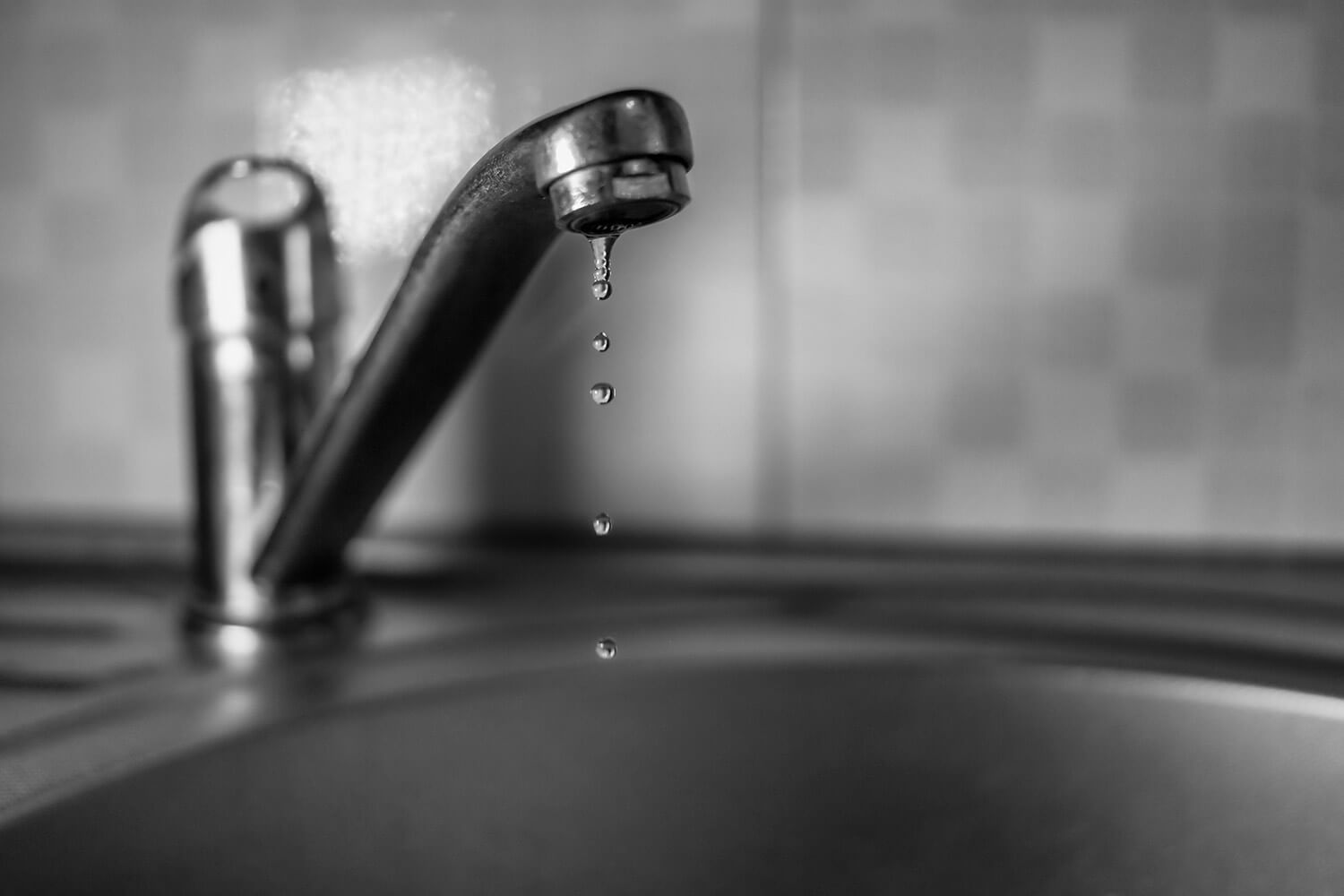The Residential Common Typical Causes of Water Leaks: Detailed Examination
The Residential Common Typical Causes of Water Leaks: Detailed Examination
Blog Article
We have discovered the article about How to detect water leaks in your home listed below on the internet and felt it made sense to relate it with you in this article.

Leakages not just trigger waste of water however can likewise cause unnecessary damage to your residence as well as advertise undesirable natural growth. Unfortunately, water leakages might go unnoticed considering that a lot of the pipework in our residence is hidden. By looking as well as recognizing for day-to-day circumstances that cause leakages, you can shield your residence from future leaks as well as unnecessary damage. Today, we will check out six leak creates that may be triggering your pipelines to leak.
Encroaching roots
Most water leakages begin outside the home instead than inside it. You might notice wet patches or sinkholes in your backyard, as well as that could mean that tree origins are invading water lines triggering water to seep out.
Corroded water supply
This could be the reason of discoloration or warping on your water pipelines. If our plumbing system is old, think about changing the pipes since they are at a higher threat of rust than the newer versions.
Malfunctioning Pipe Joints
The factor at which your pipelines connect is regularly the weakest link in the waterline. Pipe joints can degrade gradually, resulting in water leakages. Unfortunately, the majority of pipe joints are not conveniently noticeable. If you have noisy pipes that make ticking or banging sounds, specifically when the hot water is activated, your pipe joints are most likely under a great deal of stress. It is suggested to have your plumber inspect your system once a year.
Instantaneous temperature level modifications.
Extreme temperature level adjustments in our pipelines can trigger them to broaden and contract unexpectedly. This development as well as contraction might trigger fractures in the pipelines, particularly if the temperature are below freezing. If you kept an eye on just how your plumbing works, it would certainly be best. The presence of the previously mentioned conditions regularly suggests a high threat.
Poor Water Connectors
At times, a leak can be created by loosened tubes as well as pipelines that supply your appliances. In case of a water links leak, you may see water running directly from the supply line or pools around your appliances.
Blocked Drains
Clogged drains pipes might be annoying as well as inconveniencing, however they can occasionally end up causing an overflow causing rupture pipelines. Maintain removing any products that may go down your drains pipes that could obstruct them to prevent such troubles.
All the above are root causes of leaks yet not all water leaks result from plumbing leaks; some leaks might come from roofing system leaks. All leaks should be fixed immediately to avoid water damage.
Leaks not only cause waste of water yet can also cause unnecessary damage to your house and promote undesirable natural development. By looking as well as recognizing for day-to-day circumstances that trigger leakages, you can shield your home from future leaks as well as unneeded damages. Today, we will certainly look at six leakage creates that may be triggering your pipelines to leak.
At times, a leakage can be caused by loosened hoses as well as pipelines that provide your home appliances. In instance of a water connections leakage, you may observe water running directly from the supply line or puddles around your devices.
How To Check For Water Leak In Your Home
How To Check for Leaks
The average household's leaks can account for nearly 10,000 gallons of water wasted every year and ten percent of homes have leaks that waste 90 gallons or more per day. Common types of leaks found in the home are worn toilet flappers, dripping faucets, and other leaking valves. These types of leaks are often easy to fix, requiring only a few tools and hardware that can pay for themselves in water savings. Fixing easily corrected household water leaks can save homeowners about 10 percent on their water bills.
To check for leaks in your home, you first need to determine whether you're wasting water and then identify the source of the leak. Here are some tips for finding leaks:
Take a look at your water usage during a colder month, such as January or February. If a family of four exceeds 12,000 gallons per month, there are serious leaks.
Check your water meter before and after a two-hour period when no water is being used. If the meter changes at all, you probably have a leak.
Identify toilet leaks by placing a drop of food coloring in the toilet tank. If any color shows up in the bowl after 10 minutes, you have a leak. (Be sure to flush immediately after the experiment to avoid staining the tank.)
Examine faucet gaskets and pipe fittings for any water on the outside of the pipe to check for surface leaks.
Undetected water leaks can happen without the home or business owner even realizing. If you suspect a water leak, but not able to find the source. It is time to contact a professional water leak detection service, The Leak Doctor.
How To Find a Water Leak In Your Home
https://www.leakdoctor.com/blog/How-To-Check-For-Water-Leak-In-Your-Home_AE197.html

We had been made aware of that write-up on Top Causes of Home Water Leaks through a friend on our other web property. Feel free to take the opportunity to share this blog if you enjoyed it. Thank you for going through it.
Get Started Report this page